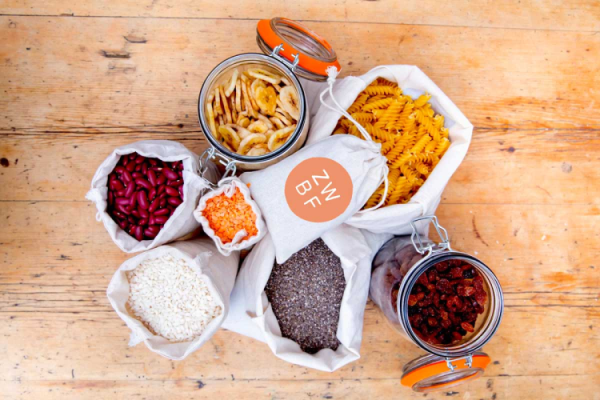Supermarkets, coffee shops and other retailers offer points and discounts in return for shopping with their loyalty cards.
But there is a major catch. Critics say that with prices soaring, shoppers are essentially forced to sign up and give over their data, just to access normal rather than inflated costs.
Is protecting your information becoming a privilege many cannot afford?
How do loyalty cards work?
Each retailer will have a slightly different scheme, but most loyalty cards are free (or very low cost) to sign up for and give you access to in-store discounts or allow the retailer to send you specialised offers. With high street shops from Boots to Waterstones offering cards, you may also earn points that translate into money off once you have collected enough.
You can generally access these offers by scanning either a physical loyalty card or using an app on your phone. Personal finance website Money to the Masses has put together a useful guide to what you get in return for different supermarket loyalty cards.
Most supermarkets have now introduced a ‘dual-pricing system’, with one cost for normal shoppers and a second – often shockingly – cheaper price for those with a loyalty card.
(Note we're not talking about local loyalty cards offered by the likes of independent coffee shops, where you don't provide any personal information at all.)
Do you actually save money with loyalty cards?
If you already shop regularly with a particular retailer, you will almost definitely save money by signing up for their loyalty card.
Sainsbury’s for example currently has almost 5,500 items in its online store that are cheaper if you have its loyalty card. Tesco says that customers can save up to £351 per year.
When it comes to points, research by Which? suggests that using a loyalty card can earn between 50p and £10 for every £100 shop.
Do supermarkets use misleading pricing for loyalty cards?
However, multiple critics have also accused supermarkets of inflating prices to make loyalty card discounts look better than they actually are.
Which? tracked the price of various goods sold by Tesco and Sainsbury’s over a six month period in 2023, and found that just under a third of the items discounted with loyalty cards were at their ‘regular’ price less than half the time – making discounts potentially appear better than they really are.
An investigation in January by iNews, for example, found that Sainsbury’s was selling an Oral-B Pro toothbrush for a massive £160 without a loyalty card compared to £65 with – while elsewhere it was mainly listed at around £70.
The Which? research also found that the price of some items had been put up just days before a loyalty offer was introduced. For example, it accused Sainsbury’s of putting up the price of a jar of Nescafe instant coffee to £8.10 two days before introducing a loyalty card offer of £6 – the exact same cost of the product before its inflation.
Critics say that, rather than winning you savings, supermarkets have therefore used loyalty schemes to ensure there is essentially “a charge for not signing up”.
Both supermarkets rejected the allegations, with Sainsbury’s stating that Which?’s methodology was flawed.
Supermarkets may also apply loyalty card offers to the most expensive, branded goods rather than to their own-brand budget items. So you may well end up actually paying a higher price overall.







